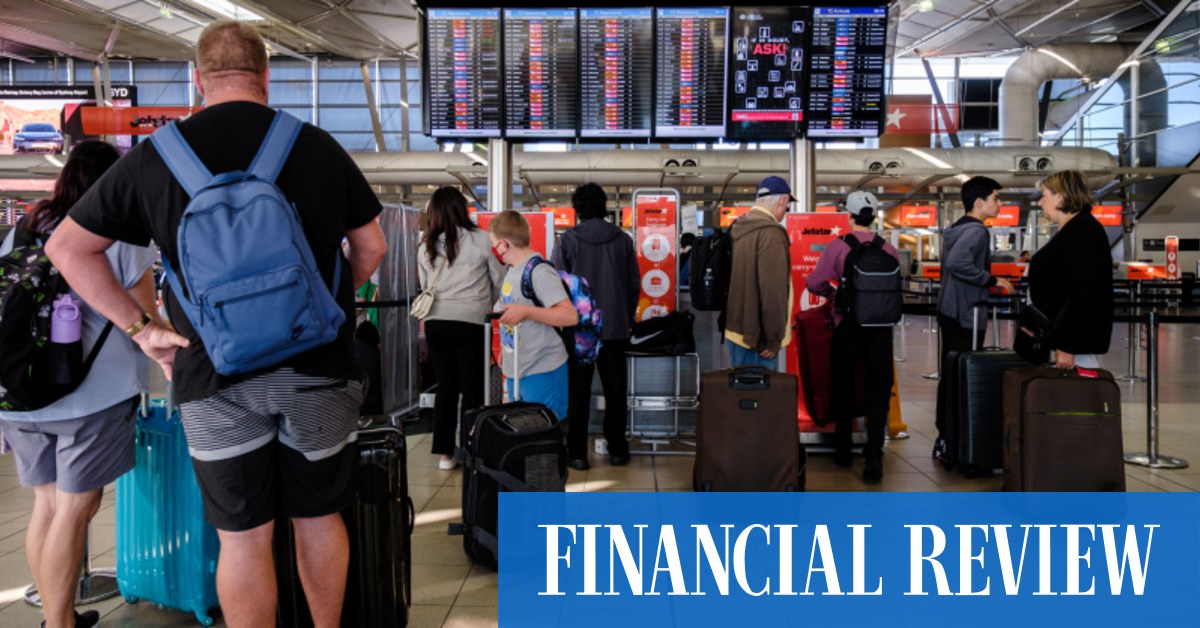
Flights across the country may face disruptions as aviation firefighters prepare to strike to protest understaffing issues following safety reports indicating that major airports could be at “extreme risk” due to inadequate firefighting resources.
Over 800 aviation firefighters are set to engage in a four-hour protected stop-work action starting at 6 am on Monday, April 15, at approximately 27 airports. The aim is to urge Airservices Australia, their government-owned employer, to allocate more resources towards staffing.
The strike action follows a safety assessment conducted by Airservices in 2021, which highlighted the heightened risk levels at 13 airports, including Brisbane, Melbourne, Perth, and Adelaide, categorizing them as “extreme risk” in the event of a severe aircraft incident. The assessment also identified another 14 airports, such as Sydney, Canberra, and Hobart, as being at “high risk”.
Wes Garrett, the United Firefighters Union (UFU) aviation branch secretary, emphasized that the safety documents released by Airservices to the Senate supported the concerns raised by staff over the years. He stressed that the risk posed to Australian air travelers is unacceptable and must be addressed promptly.
Aviation firefighters play a critical role at airports, and any disruption in their services could potentially impact international flight operations, with domestic flights likely to be assessed on a case-by-case basis.
The industrial action coincides with the UFU’s negotiations with Airservices, where they are advocating for a 20% pay increase over three years, minimum staffing standards, improved rostering to manage fatigue, and facility upgrades to meet safety regulations.
While Airservices has refuted claims of firefighter shortages in the past, their 2021 assessment revealed that many airports were at an “unacceptable ‘extreme’ level of risk” under a task resource analysis (TRA) approach. This approach indicated deficiencies in firefighting response capabilities, including equipment and staffing inadequacies.
Despite Airservices’ assertions that they meet current regulatory requirements and are investing significantly in equipment and facilities, the UFU remains steadfast in their demands for improved staffing levels and safety measures.
As negotiations continue, the aviation industry remains hopeful for a resolution to avoid disruptions during a time when both the aviation and tourism sectors are in the process of recovery. Safety remains a top priority, and airports are prepared to implement contingency plans if necessary.
The concerns raised by firefighters echo previous staff shortages among Airservices’ air traffic controllers, which led to flight disruptions and cancellations earlier in the year, underscoring the importance of addressing staffing issues across various roles within the aviation sector.
